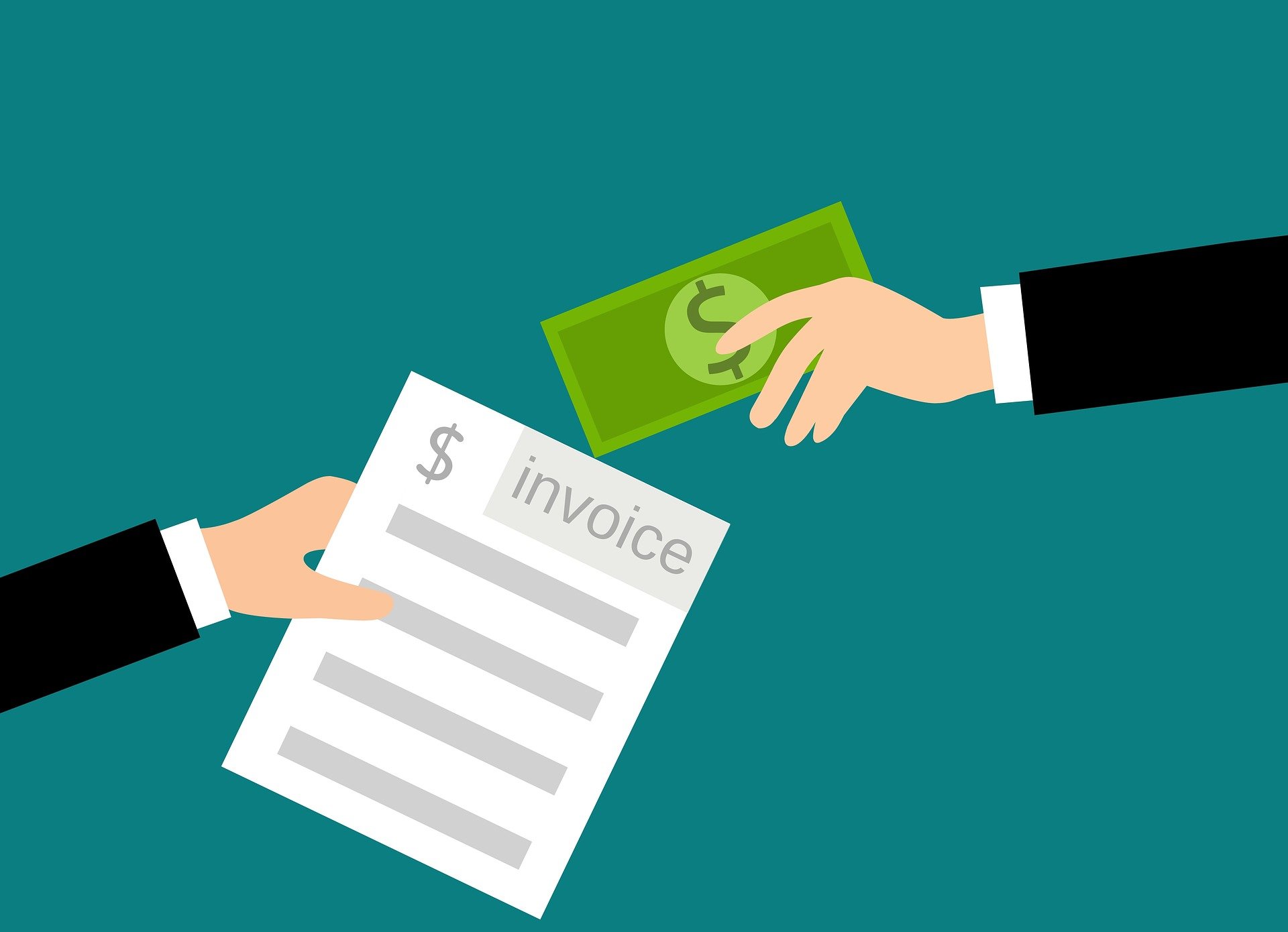Death and Taxes...
What Is Probate?
Probate is the process of administering a deceased person’s estate. It involves organising their money, assets and possessions and distributing them, after paying any taxes and debts. If the deceased has left a will, it will name someone that they’ve chosen to administer their estate. This person is known as the executor of the will.
What Is a Grant of Probate?
Before they start, the executor must apply for a Grant of Probate, a legal document that gives them the authority to deal with the deceased’s property. Probate ends once all taxes and debts have been paid and all inheritance passed on.
How Does the Probate Process Work?
Every estate and every will is different. The exact probate process can vary depending on the instructions left in the will and the assets, creditors, and beneficiaries the estate has. The basic process for an executor is:
1. Gather the full details of the estate’s assets and debts.
2. Apply for Grant of Probate (permission to administer the estate and pass out inheritance).
3. Complete an inheritance tax return and pay any tax due.
4. Receive a Grant of Probate.
5. Repay any of the deceased’s outstanding debts.
6. Distribute the rest of the estate according to the instructions left in the will.
Sounds simple but there’s usually twists and turns along the way. What can add to the complication of securing probate is if there are any disputes between the executor, beneficiaries, creditors, or HMRC.
How Long Does Probate take?
This will take about a year for most estates. The exact amount of time will depend on the size and complexity of the estate. International probate can be more complicated and usually takes between six months and two years.
How Much Does Probate Cost?
There’s a probate application fee to pay to HMRC and some other ancillary costs but it’s not particularly expensive.
If, however, you employ a professional (usually a solicitor), their fee is likely to be a percentage of the estate which can make it quite expensive but you need to weigh that cost against the hassle it will save. Only you can make this decision!
Who Can Apply for Probate?
Only the executor named in the deceased’s will is able apply for probate to administer the estate.
If you have been named executor but don’t want to administer the estate yourself, as I mentioned, you can employ a professional to do it for you (but they’ll most likely charge).
If someone dies without a will, they’re said to be intestate. The intestacy rules will say who can apply to administer the estate instead.
Can You Get Probate if There’s No Will?
You can’t get a Grant of Probate if there isn’t a will, but you can still administer the estate and distribute inheritance through a slightly different process.
The rules of intestacy set out who can apply to administer the estate with a Grant of Administration. Without a will deciding how to pass on the assets, the administrator distributes inheritance according to the rules of intestacy.
Only spouses, civil partners, children, and other close relatives can inherit under these rules. I do bang on about getting a will in place and this is one of the key reasons.
Paying the Tax
Inheritance Tax (IHT) can be complicated. That’s the case with ALL taxes! It might be that there isn’t any IHT to pay because the value of the estate is below a certain amount. If there is IHT to pay, however, it can leave the beneficiaries in a potentially tricky situation since the IHT needs to be paid before Grant of Probate can be issued.
Most financial institutions won’t release funds from the deceased’s investments or pensions until they’ve seen the Grant of Probate so there’s a bit of a chicken and egg situation going on and cash flow issues can be really damaging for the beneficiaries but there are potential solutions.
Direct payment scheme
Firstly, many banks, building societies and other financial institutions are part of the ‘direct payment scheme’. This scheme allows money from the bank account of the person who died to be paid directly to HMRC before probate has been granted, as long as the account is in their sole name.
If you want to use this scheme, contact the banks to find out what information and paperwork they need from you, so you can get this arranged. This will help to avoid any delay in paying the inheritance tax, which is important because HMRC charge interest on inheritance tax from the end of the 6th month after death.
You’ll have to fill in a form IHT423 for each bank that will be making payment and then send this to the banks at the same time as you send the full tax return (known as form IHT400) to HMRC.
Pay in Instalments
In certain situations, it's possible to pay the inheritance tax in annual instalments, over 10 years. This option is only available for inheritance tax that's being charged on certain things.
If you choose to pay in instalments, interest won't be charged on the first instalment unless you miss the payment deadline. For each later instalment, interest will be charged on the whole unpaid portion of inheritance tax for the year.
If you decide to pay in instalments, you should still pay the outstanding inheritance tax as soon as possible once the asset has been sold.
Apply for an executor’s loan
As an executor, you don't need to pay inheritance tax from your own money. If the two options above don't work for you, you can apply for an executor’s loan. Generally banks offer these loans at their standard loan rates.
If you need an executor’s loan, speak to the bank as soon as possible. You’ll need to give them details of the assets and liabilities (debts) of the estate. You’ll also need to repay the loan as soon as possible once you have access to the estate funds so that the estate doesn't continue to be charged interest on the loan
And That’s It!
It’s a bit of a whistle-stop tour but I hope you found it useful. Like everything, when it comes to money, reality is likely to be more complicated but the above should make life easier for you when, sadly, the time comes.
As ever, get in touch if you have any questions or thoughts you’d like to share…






